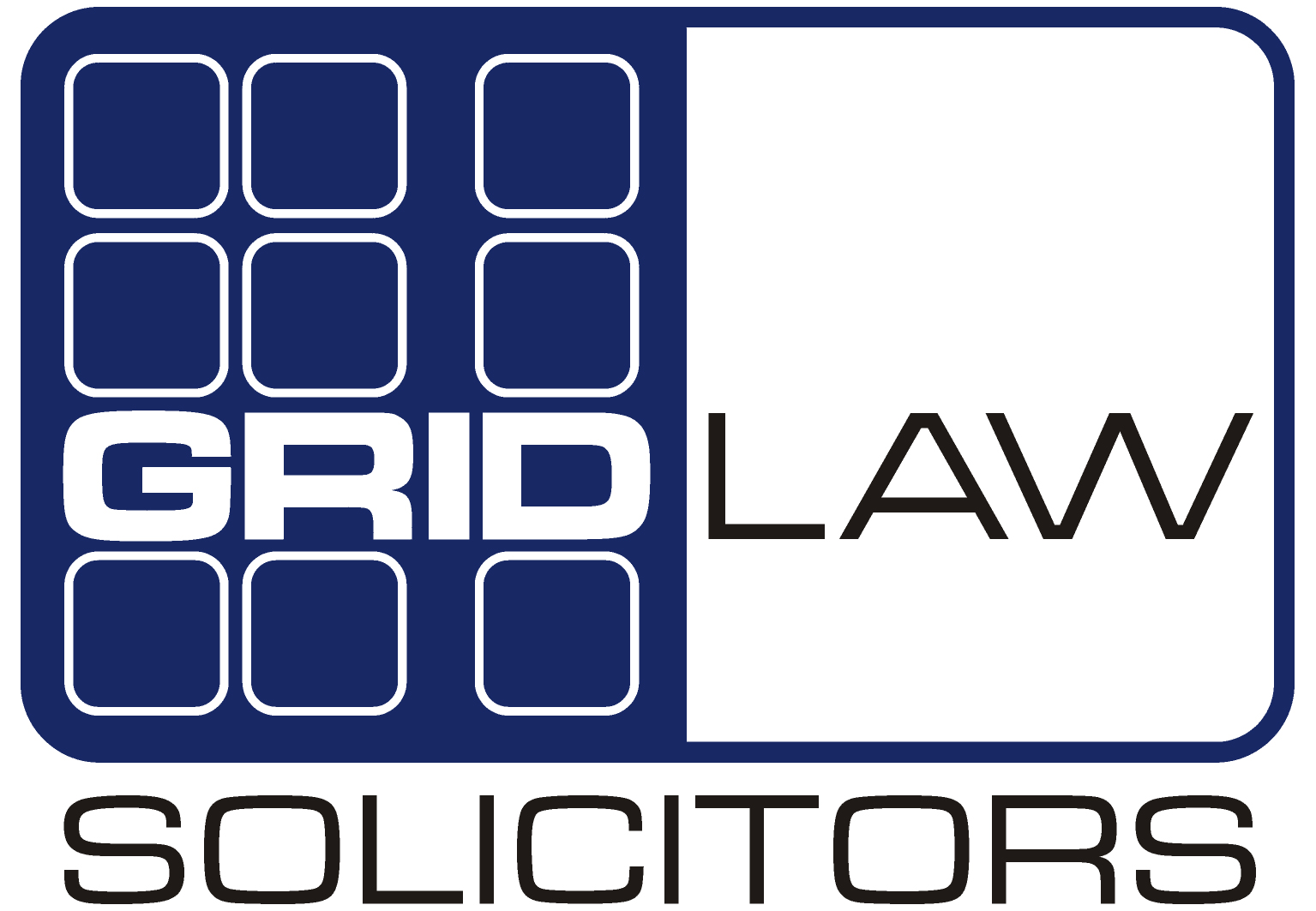
Website Agreements
All websites should, as a minimum, have terms of use and privacy policy to ensure they are legal. If you have a blog which visitors can comment on, you should also have an acceptable use policy.
These documents form a legally binding contract between you and your website visitors and they are there to protect you and your business. For example, let’s say a visitor reads your blog and acts on the advice you give. In most cases, blogs only give generic advice and it’s common sense that you probably shouldn’t act in total reliance on it unless you are sure what you are doing. The trouble is, common sense is often missing from the law!
If you failed to explain that your blog was for general advice only and shouldn’t be relied on in specific circumstances, you could end up being sued for any losses your reader incurred.
To protect you against this, your website terms of use should contain appropriate disclaimers and limitations of liability.
If you’re collecting any personal information via your website, e.g., names and email addresses of people signing up for your newsletter, the privacy policy will help you comply with your legal obligations under the General Data Protection Regulations (GDPR).
Many people think that a website’s terms of use and privacy policy are standard documents and give them very little thought. They think they can just copy them from another website and this will be good enough. This is a risky strategy and we strongly recommend that you don’t do it!
Please give us a call on 01202 901353 and we can help you put something in place that is tailored specifically for your business.
For more information, please have a read of the following article:
Writing the terms of use and privacy policy for a small online business
(Please note that this article was written pre-GDPR)

